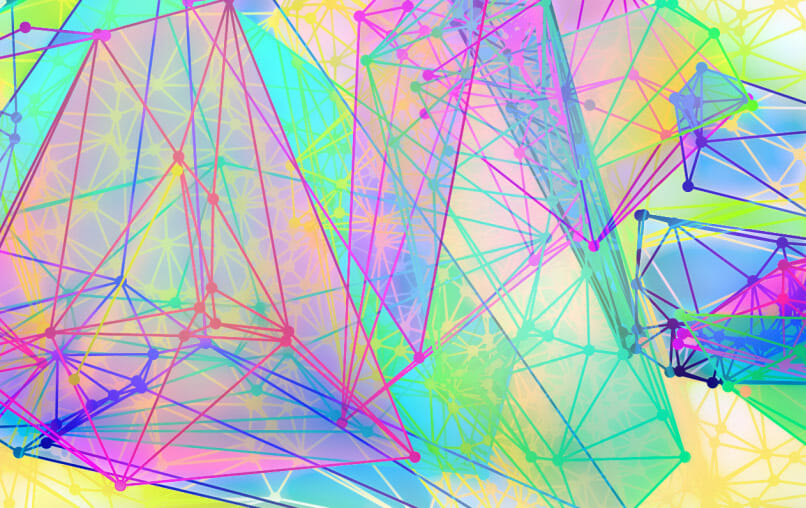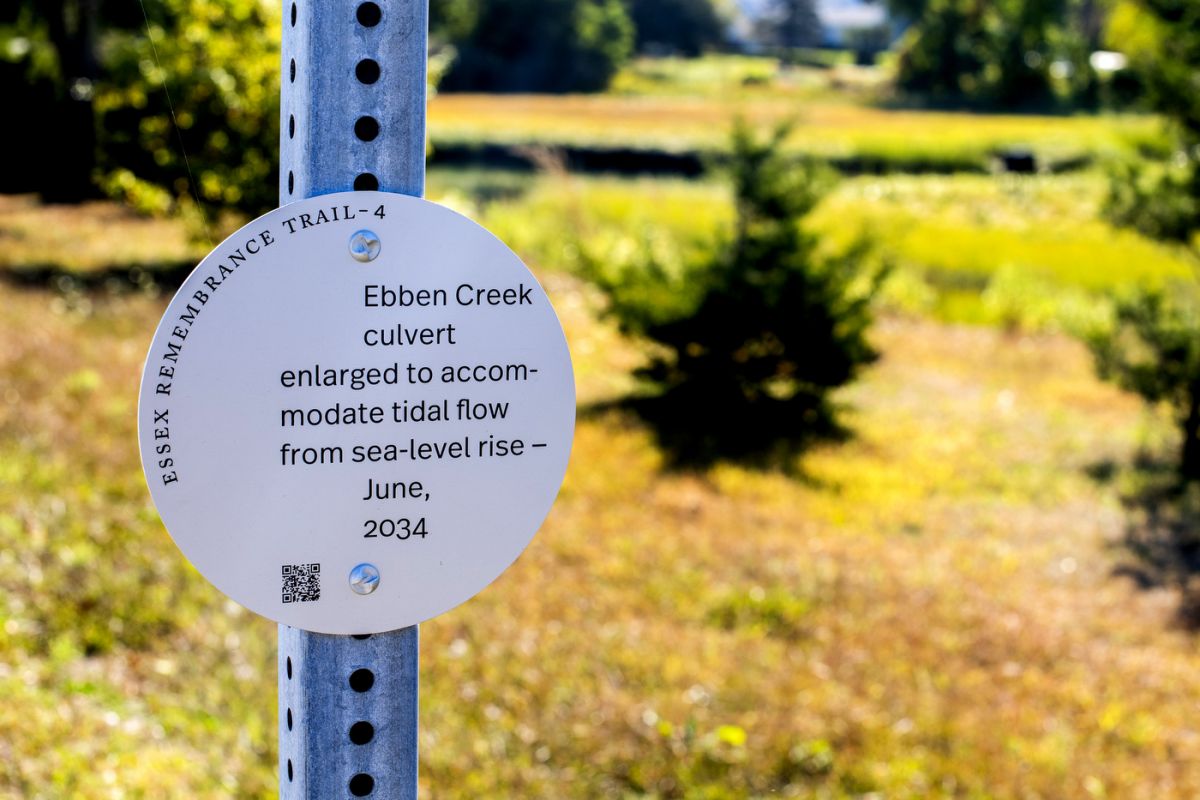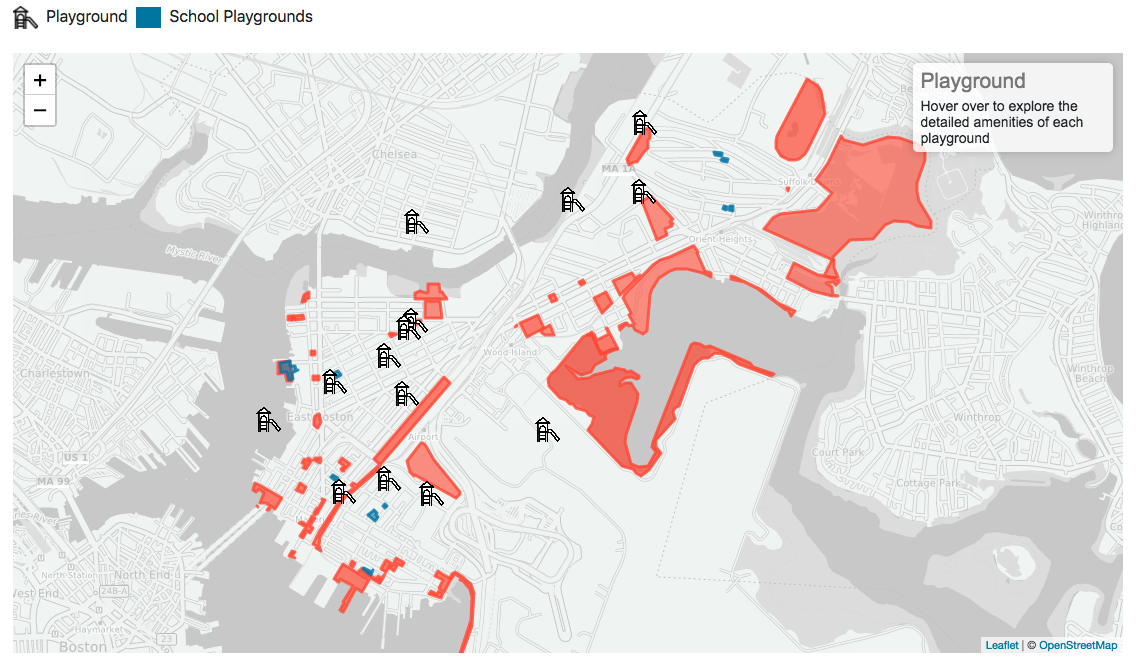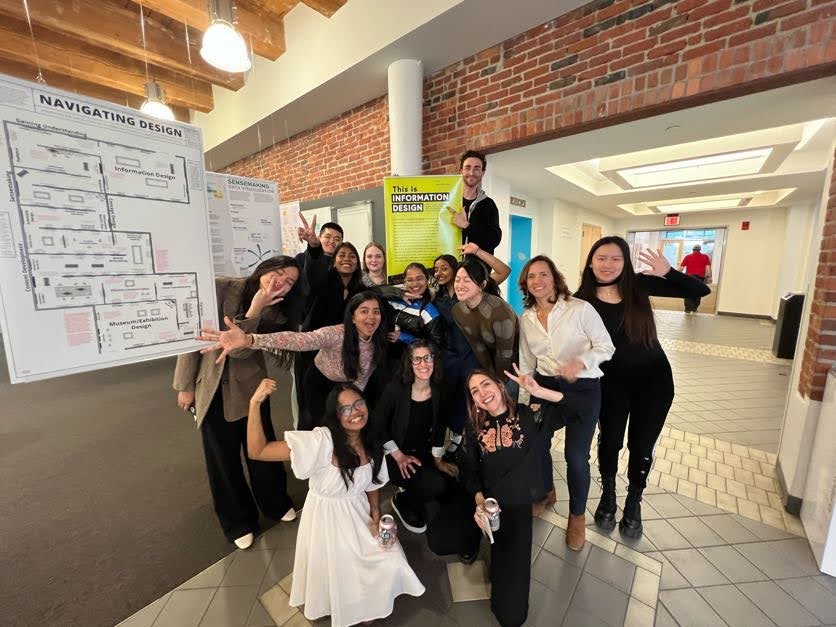The MS in Information Design and Data Visualization program is a research and analysis-oriented program focused on the exploration and communication of digital information. Students gain an understanding of translating data and information into visual languages and learn to integrate theoretical, cognitive, visual, and technical aspects of visualizations that engage a broad range of audiences. Our students have the unique advantage of studying at a major research university known for interdisciplinary collaboration located in Boston, a global center for technology, science, and education and a hotspot for information design and data visualization. We seek applicants from diverse backgrounds who are interested in exploring data, visual and auditory design, perception and creative inquiry. Practicing professionals and recent undergraduates in a variety of fields (architecture, graphic design, journalism, communications, business, the humanities, and sciences) who desire a fluency in information design should apply.
Embedded in CAMD’s Information Design and Data Visualization graduate course offerings, the MS is a designated STEM degree that strengthens students’ quantitative research skills and technical competencies. From this master’s program, students have multiple options to expand their advanced studies along diverse avenues, including adding Graduate Certificates in related topics, engaging in co-op opportunities, and applying to proceed academically into a terminal Master of Fine Arts degree. Graduates will be able to collaborate effectively in the dynamic and burgeoning field of information design and data visualization practice and research as well as be prepared to work in design agencies, research institutions, companies, and public institutions.
The MS in Information Design and Data Visualization is a 1-year, 32-credit hour program.
Semester 1 is dedicated to foundations, including introductory courses in information design and visual communication principles and practices, statistics for design and data analysis, design studio, and visual cognition.
Semester 2 continues foundational training in visual technologies, research methods, information design theory and critical thinking, and provides an advanced studio and information design elective allowing students to focus their studies along lines of individual interest.
Study in Vancouver, BC
The MS in Information Design and Data Visualization program is also available at Northeastern University in Vancouver.
Learning Outcomes
Students will gain the skills to design and implement visual and interactive information displays that clarify complex matters, explain processes, reveal insights, elucidate concepts, and relate stories. The program will guide them how to:
- Develop confidence using quantitative and qualitative design research methods to collect small and large data sets. Analyze and synthesize different types of data to inform decisions throughout the visualization process.
- Engage in critical analysis of data types from multiple sources, case studies, and scenarios of varying levels of complexity. Demonstrate an understanding of visual cognition principles and core techniques and approaches to effectively visualize and map data.
- Combine data sensitivity and analytical methods with design principles to translate ideas and complex issues into graphic forms and visual communications. Create visualizations that reveal meaningful patterns and narratives using a range of techniques and modalities.
- Articulate and develop visual literacy on information design and visualization history, methods, and processes. Develop critical language to assess the quality, effectiveness and efficiency, and ethical considerations of data-driven interventions.
- Represent data using multiple visual languages and formats. Design engaging interactive, data-driven communication and installations, and build compelling data arguments addressing cognitive and perceptual principles.
Career Opportunities
- Design researcher
- Data Visualization Expert
- Information Designer
- Interaction Designer
- User Experience Designer
- Visual Communication Expert
- Visualization Researcher
- Visual Strategist
Multidisciplinary Skills
- Data analysis
- Human factors
- Design critique
- Design process
- Data physicalization
- Programming
- User-scenario mapping and observation
- User testing
Co-op Opportunities
- The Broad Institute
- Thomson Reuters
- Philips Research (HealthTech and Lighting)
- Massachusetts Bay Transportation Authority




















